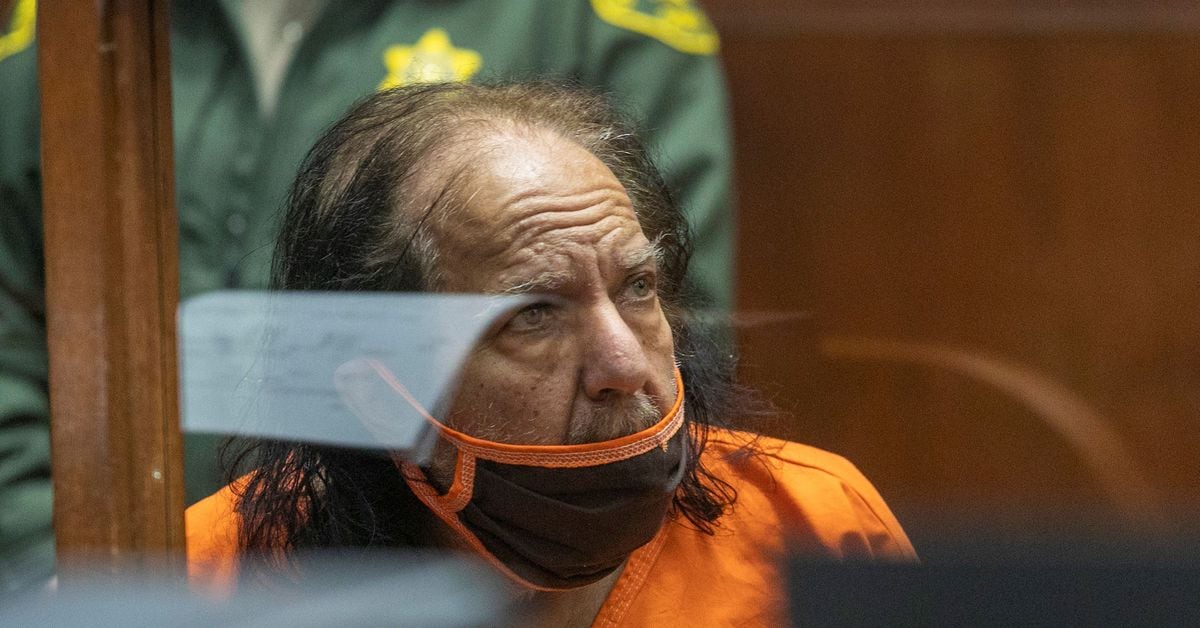- Joined
- Aug 9, 2012
- Messages
- 2,383
- Reaction score
- 4,332
I am was looking for the "best" examples of famous people who have overcome mental illness, ideally ones that they have spoken about this publicly (and certainly not ones that didn't go on to succumb to their illness like Robin Williams, Marilyn Monroe etc etc) . I find these examples to be particularly salient to teenagers and appreciate any suggestions anyone has.
Looking for:
MDD
Bipolar D/o
Social Anxiety
Agorophobia
OCD (I use Howie Mandell with how he has changed on America's Got Talent at present)
Substance use disorders
Eating disorders
Childhood trauma
Losing parents
Looking for:
MDD
Bipolar D/o
Social Anxiety
Agorophobia
OCD (I use Howie Mandell with how he has changed on America's Got Talent at present)
Substance use disorders
Eating disorders
Childhood trauma
Losing parents

